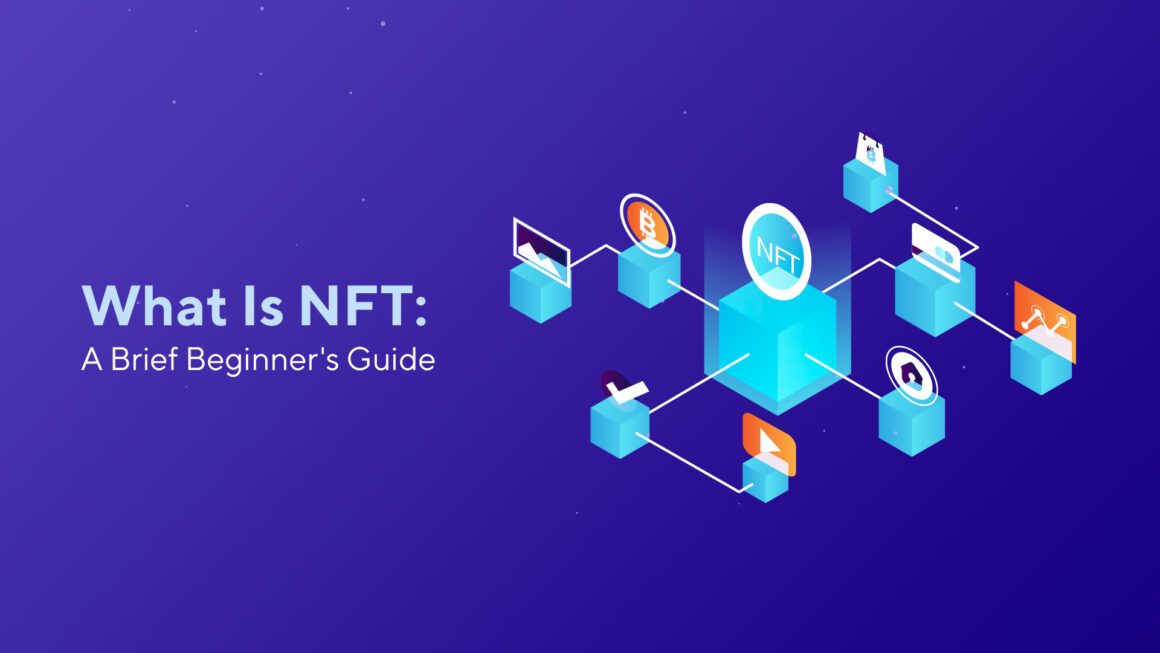A non-fungible token (NFT) is a token that certifies a digital asset to be unique. It cannot be exchanged for any service like a token of a cryptocurrency, but only applies to an individually specified equivalent value, e.g. to a digital work of art. A non-fungible token can therefore also be considered as a kind of digital proof of ownership
A non-fungible token cannot be used as a means of payment like other tokens, but only serves as proof of ownership of a certain asset. Thus, each non-fungible token indirectly has an individual value that depends on the asset connected to it.
Definitions: Fungible and Non-Fungible
A fungible asset can be exchanged for other assets of the same type, quantity, and quality. The value of a unit always remains the same. One gram of gold can be exchanged for another gram of gold and a 5-euro note can be exchanged for another 5-euro note. Many different goods can be fungible in case they have a purely material value. One could exchange a sack of potatoes for another sack of potatoes of the same type, quality, and quantity without making a profit or losing money.
Non-fungible means that the value isn’t interchangeable with other values of its kind. It’s unique in the same way that an object of historical or artistic importance is. Even if you exchange a historical porcelain figure with another figure from the same limited series, you are still dealing with two completely different objects. Each object is one-of-a-kind. It can be traded in exchange for a fungible value (e.g. money), but it cannot be replaced by a comparable object or equivalent in the event of a loss.
Non-Fungible Tokens as Digital Proof of Ownership
How was mentioned before, a non-fungible token represents ownership of something. While the vehicle registration document proves ownership of a car, an NFT does the same for the asset connected to it. It’s important to note that NFTs don’t necessarily have to be limited to digital goods or assets. With an NFT token, you can then prove that you own this object. Nobody else can then claim to own it. NFTs can therefore be offered for a wide variety of non-fungible goods.
Digital Art
You may use NFT for trading in digital works of art. On March 11th, 2021, an NFT for Mike Winkelmann’s work ‘Everydays: the First 5000 Days’ was sold for about $69.3 million. It’s a digital work of art that can theoretically be copied as many times as you like. But with NFT only one person has earned the right to call himself the owner.
Digital Collectibles
NFTs for digital collectibles are always offered online. For example, there are auctions for digital baseball cards. Other digital goods have also been sold with NFTs. For example, Jack Dorsey, the founder of Twitter, has made his first tweet available for sale. Videos, music, and digital assets for video games can also change hands via NFT.
What other interesting facts about NFT do you know? Feel free to share your knowledge in the comments!

Leave a Reply